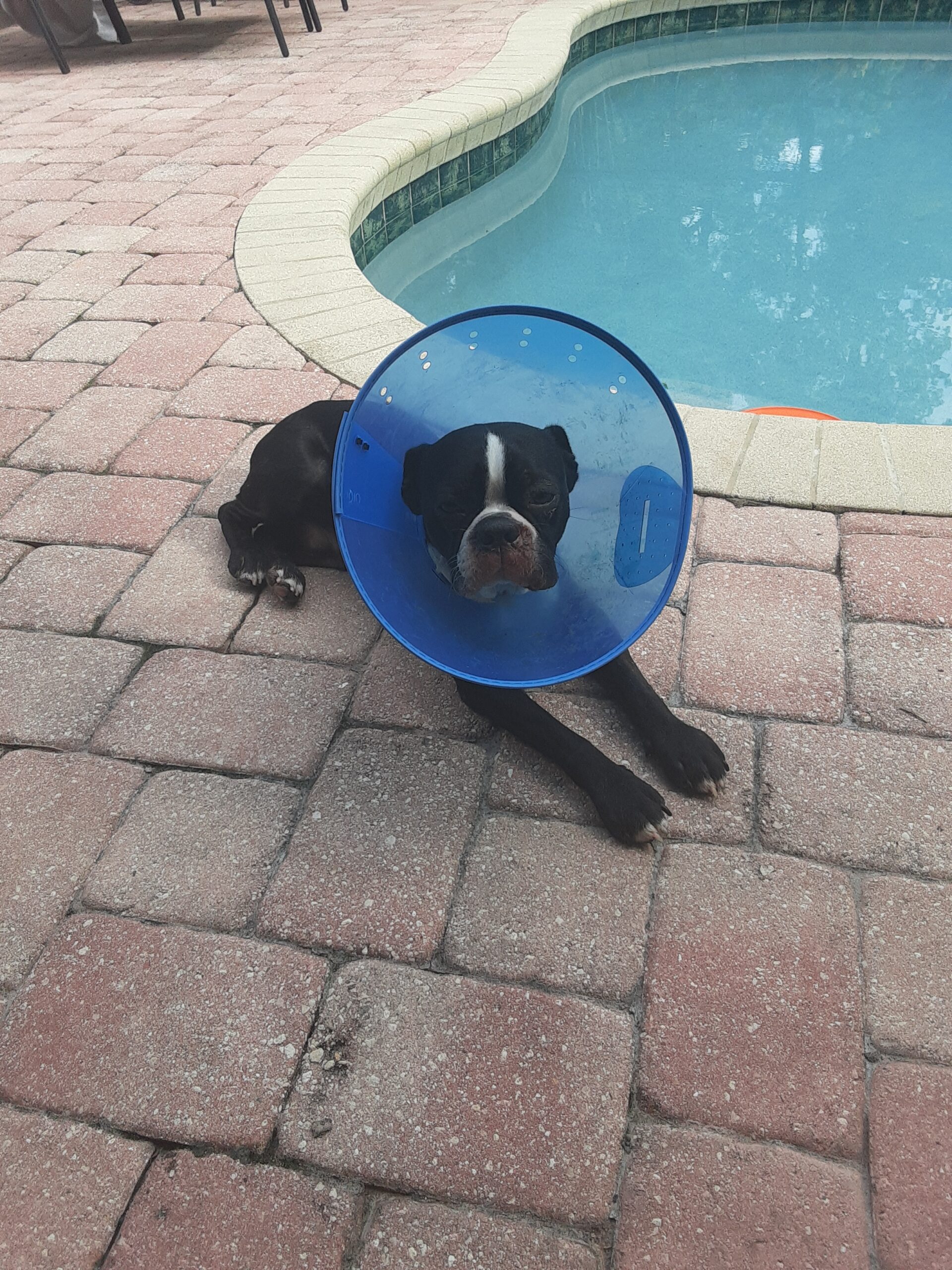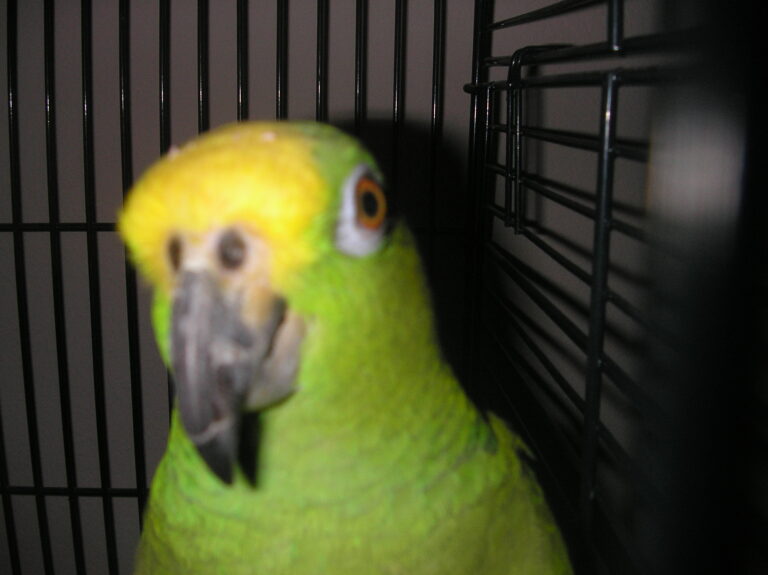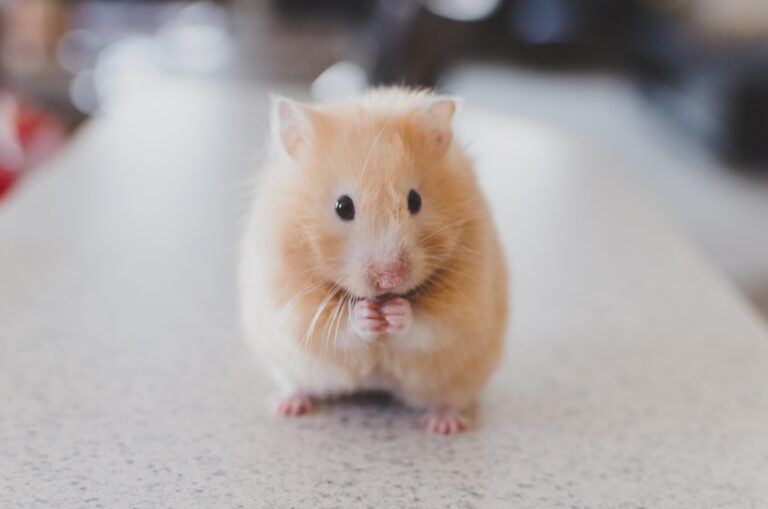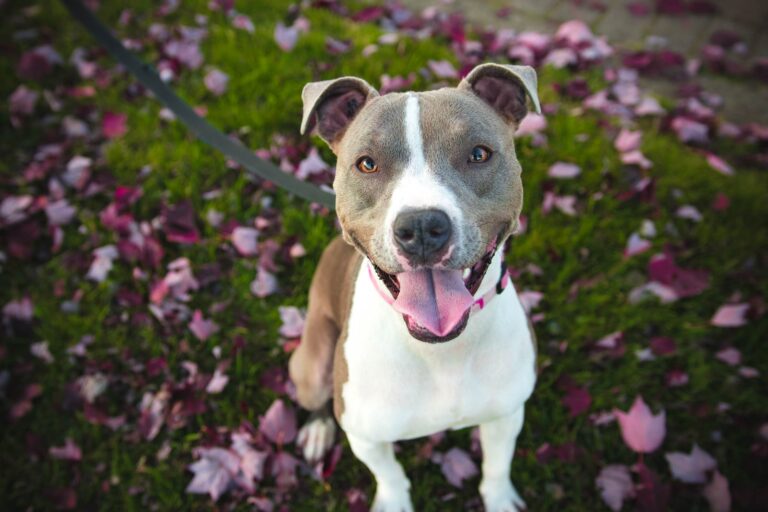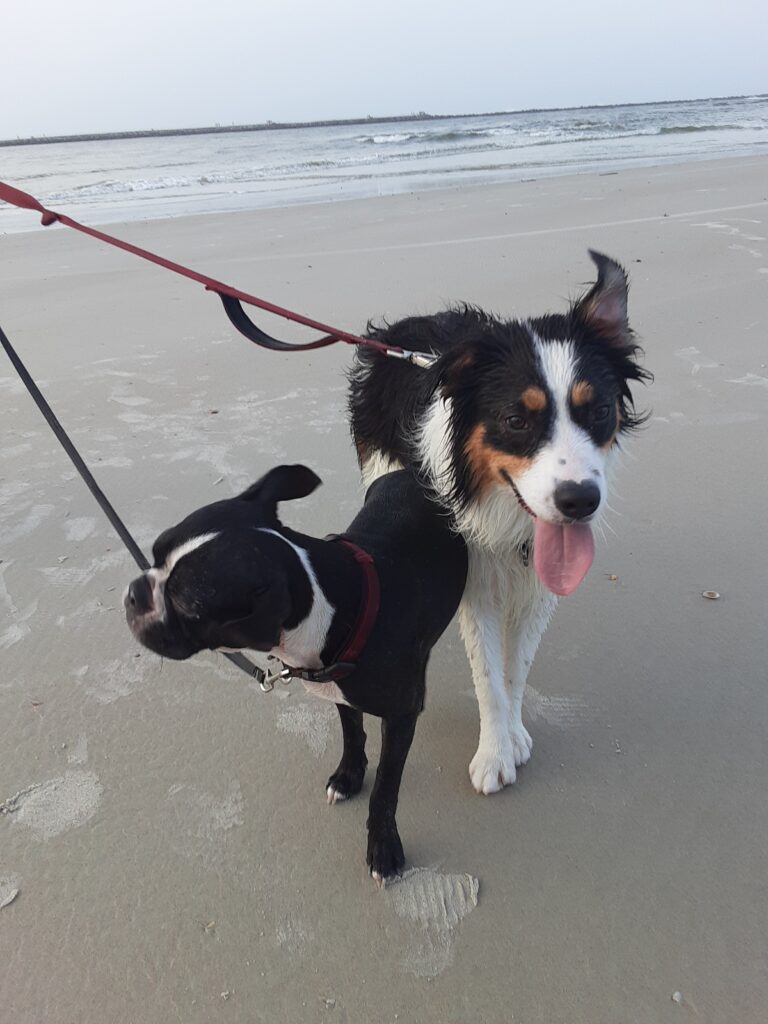Human Foods that are extremely toxic to pets
Cats and dogs possess specific dietary requirements that significantly differ from humans. Being mindful that certain foods pose a serious health threat to them is crucial. This risk originates from the compounds present in these foods, which their bodies lack the capability to efficiently process or metabolize. What distinguishes our furry companions is their distinctive metabolism and digestive systems. For instance, dogs have shorter digestive tracts compared to humans, altering how their bodies manage various substances. This distinction results in some compounds, harmless to us, wreaking havoc in their systems. Their liver enzymes, responsible for breaking down specific compounds, might inadequately process these particular substances in certain foods. The outcome is an increased susceptibility to toxicity. This heightened sensitivity explains why foods considered safe for us could be extremely toxic for them. From grapes and chocolate to onions and garlic, a variety of common foods should be avoided when feeding our pets, given that they contain compounds that have the potential to cause severe health problems or even prove fatal. Thus, the next time you savor a meal and your furry companion gazes at you with those imploring eyes, recall that their bodies are uniquely structured. What might be an enjoyable treat for you could pose a dangerous threat to their well-being.
Today we will take 10 most common household foods and give a quick comparison how it can negatively affect your dog or cat:

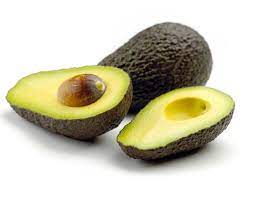


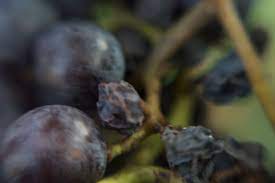
Affects on Dogs
Affects on Cats
| Chocolate: Chocolate contains theobromine and caffeine, which dogs metabolize slowly. Theobromine can cause increased heart rate, restlessness, vomiting, diarrhea, and seizures. Caffeine intensifies these effects by overstimulating the nervous system. Due to their inability to efficiently break down these compounds, dogs are highly susceptible to these toxic effects, with darker chocolates and higher cocoa content posing greater risks | Chocolate: Chocolate contains theobromine and caffeine, two compounds that are metabolized slowly in cats’ bodies, making them highly toxic. When ingested, cats can experience a range of symptoms including vomiting, diarrhea, rapid breathing, increased heart rate, tremors, and even seizures. It’s crucial to keep chocolate out of their reach. |
| Xylitol: Xylitol is a sugar substitute commonly found in sugar-free gum, candies, and baked goods. While safe for humans, it triggers the release of insulin in dogs, causing a rapid drop in blood sugar levels. This can lead to disorientation, seizures, and even liver failure. Dogs can ingest xylitol accidentally, as it’s often used in products not primarily intended for them. | Xylitol: Xylitol, commonly found in sugar-free products like gum and baked goods, can cause a rapid release of insulin in cats, leading to hypoglycemia (low blood sugar). Cats that consume xylitol-containing products may exhibit lethargy, loss of coordination, and seizures. Immediate veterinary attention is necessary if ingestion occurs. |
| Grapes and Raisins: The specific toxin in grapes and raisins remains unidentified, but ingestion can result in kidney failure in dogs. Even small amounts can lead to symptoms such as vomiting, lethargy, and decreased appetite. Some dogs may experience severe kidney damage with only a few grapes or raisins, making it crucial to avoid these fruits altogether. | Grapes and Raisins: Grapes and raisins can induce kidney failure in cats, similar to their effects in dogs. Symptoms such as vomiting, lethargy, and decreased appetite may arise. Swift veterinary intervention is essential to mitigate potential kidney damage. |
| Onions and Garlic: Onions and garlic contain compounds called thiosulfates, which are toxic to dogs. These compounds damage red blood cells, leading to a condition called hemolytic anemia. Affected red blood cells can’t carry oxygen efficiently, resulting in weakness, lethargy, and pale gums. The effects are dose-dependent, with larger quantities or repeated exposures leading to more severe symptoms. | Onions and Garlic: Both onions and garlic contain compounds that can lead to anemia in cats by damaging their red blood cells. Affected cats might display weakness, lethargy, and pale gums. Even small amounts of these substances can be harmful due to cats’ heightened sensitivity. |
| Alcohol: Dogs metabolize alcohol differently from humans, leading to rapid intoxication and severe effects on their central nervous system. Ingesting even small amounts of alcohol can cause vomiting, disorientation, difficulty breathing, and in extreme cases, coma or death. The liver’s ability to process alcohol in dogs is limited, making them highly vulnerable to its toxic effects. | Alcohol: Alcohol consumption has similar central nervous system depressant effects on cats as it does on humans. Ingesting alcohol can cause disorientation, difficulty breathing, and, in severe cases, lead to coma or death in cats. Any exposure to alcohol should be avoided. |
| Avocado: Avocado contains a substance called persin, which is toxic to many animals, including dogs. While the exact effects can vary, ingestion can lead to stomach upset, vomiting, and potentially serious cardiovascular issues. Dogs are especially sensitive to persin, and avocado ingestion should be avoided to prevent adverse health consequences. | Avocado: While less commonly consumed by cats, avocados contain a toxin called persin. Ingesting persin can result in gastrointestinal distress and potential heart issues in cats. It’s best to keep avocados away from feline companions. |
| Macadamia Nuts: Macadamia nuts contain an unknown toxin that affects dogs’ nervous systems. Ingestion can lead to muscle tremors, weakness, and an elevated body temperature. Dogs may exhibit signs of discomfort such as shaking, stumbling, and weakness in their rear legs. Even small quantities can cause noticeable effects. | Macadamia Nuts: Macadamia nuts can lead to muscle weakness, tremors, and lethargy in cats, akin to their effects on dogs. Consumption of these nuts should be prevented to avoid these adverse reactions. |
| Fruit Pits and Seeds: Many fruit pits and seeds contain compounds like cyanide that can release toxic hydrogen cyanide when ingested. This interferes with the body’s ability to transport oxygen, causing symptoms like difficulty breathing, vomiting, and even death. While the toxicity levels vary, it’s best to avoid sharing any fruits with pits or seeds. | Fruit Pits and Seeds: The cyanide compounds present in fruit pits and seeds can cause respiratory distress and other severe symptoms in cats, much like in dogs. It’s crucial to remove these parts before offering fruit to your feline friend. |
| Raw Meat and Eggs: Raw meat and eggs can carry harmful bacteria such as Salmonella and E. coli, which can cause food poisoning in dogs. These bacteria can lead to vomiting, diarrhea, lethargy, and severe gastrointestinal distress. Cooking meat and eggs effectively eliminates these risks and makes them safer for consumption. | Raw Meat and Eggs: Raw meat and eggs can harbor harmful bacteria like Salmonella and E. coli, potentially causing gastrointestinal upset and food poisoning in cats. It’s recommended to provide cooked and properly prepared food to ensure your cat’s safety. |
| Coffee and Caffeine: Dogs are much more sensitive to caffeine than humans due to their metabolism. Ingesting caffeine-containing products like coffee grounds, tea, or energy drinks can lead to restlessness, rapid heart rate, muscle tremors, and seizures. Even a small amount of caffeine can have significant effects on a dog’s central nervous system. | Coffee and Caffeine: Cats are equally sensitive to caffeine, and ingestion can lead to restlessness, rapid breathing, heart palpitations, muscle tremors, and seizures. To prevent these adverse effects, it’s important to keep all sources of caffeine out of reach from cats. |
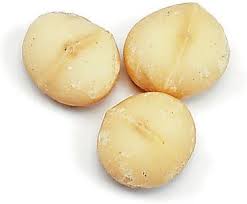
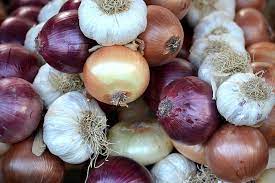
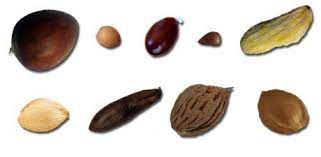
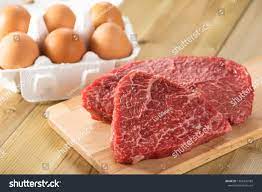
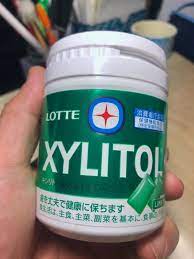
If you suspect that your pet has ingested any of these toxic foods, it’s important to take immediate action:
Stay Calm: The initial shock of realizing your pet has ingested something toxic can be overwhelming. However, staying calm is essential. Dogs are sensitive to their owners’ emotions, and your anxiety can affect their behavior. Take a deep breath, focus on the situation at hand, and gather yourself before taking any action. Clear thinking and a composed demeanor will enable you to make informed decisions.
Contact a Veterinarian: Time is of the essence when dealing with toxic ingestions. As soon as you suspect your pet has consumed a harmful substance, reach out to a veterinarian, emergency animal clinic, or a pet poison helpline. These professionals are trained to assess the severity of the situation and provide specific guidance based on the toxin, its quantity, and your dog’s individual characteristics.
Provide Information: When you make contact, provide as much information as possible. The more details you can share, the better the professionals can tailor their advice. Inform them about the specific toxic substance, the estimated amount your pet ingested, the time of ingestion, your dog’s weight, and any observable symptoms. This information helps the veterinarian assess the potential risk and determine the appropriate course of action.
Don’t Induce Vomiting Without Professional Guidance: Vomiting can be a useful way for a pet to expel harmful substances from their system, but it’s not always the best solution. Some toxins can be caustic and may cause additional damage if they come back up. Only induce vomiting if advised to do so by a veterinarian. They can guide you on the correct method and whether it’s safe in your specific situation.
Follow Veterinarian’s Instructions: Veterinarians are experienced in dealing with toxic ingestions and their effects on pets. If they recommend that you bring your pets in for an examination, follow their advice. They will be able to assess your dog’s condition, administer any necessary treatments, and provide appropriate care. If they suggest monitoring your pet at home, ensure you adhere to their instructions and be vigilant for any changes in behavior or symptoms.
Be Prepared to Provide First Aid: In some cases, a veterinarian might recommend certain first aid measures before you can get to the clinic. For instance, they might advise you to give your pet activated charcoal to help absorb the toxins. Alternatively, they might guide you on providing supportive care such as encouraging hydration or rest. Always follow their instructions meticulously to ensure the well-being of your pet.
Preventative Measures: Prevention is the best approach to dealing with toxic ingestions. Keep all potential toxins, including foods, medications, and household chemicals, out of your pet’s reach. Be mindful of where you place items and secure cabinets if necessary. Also, educate family members and guests about the importance of not sharing human food with your pet.
Have Essential Information Ready: In the event of an emergency, having essential information readily available can save valuable time. Keep your veterinarian’s contact details easily accessible. Save the number for a pet poison helpline in your phone. Consider having a list of toxic foods and substances posted somewhere visible in your home so that anyone in the household can reference it if needed.
Monitor Your Pet: Even after taking appropriate actions, continue to monitor your pet closely. Some toxins can have delayed effects, meaning symptoms might not appear until hours after ingestion. Observe your dog’s behavior, appetite, energy levels, and any changes in bodily functions. If you notice anything unusual, contact your veterinarian for further guidance.
Don’t Attempt Home Remedies: The internet is filled with suggestions for treating toxic ingestions at home. However, it’s crucial to remember that your pet’s health is at stake. Only follow professional advice from veterinarians or pet poison helplines. Attempting home remedies without proper guidance can potentially worsen your pet’s condition and delay proper medical care.
Understanding the potential dangers posed by certain human foods to our beloved pets is paramount for responsible pet ownership. Recognizing that many foods, harmless to humans, can be toxic to both dogs and cats underscores the importance of vigilance and precaution. These toxic foods, such as chocolate, grapes, onions, alcohol, and more, can lead to a range of severe symptoms, from gastrointestinal distress to organ failure and even death. Swift action is essential if ingestion occurs. Staying composed, promptly contacting a veterinarian, and adhering to their guidance are crucial steps to ensuring the well-being of our furry companions. Prevention remains the best approach—keeping toxic foods out of reach, educating family members and guests, and fostering an awareness of potential hazards. By prioritizing the safety and health of our pets, we create a nurturing environment that allows them to thrive and flourish as cherished members of our families.
